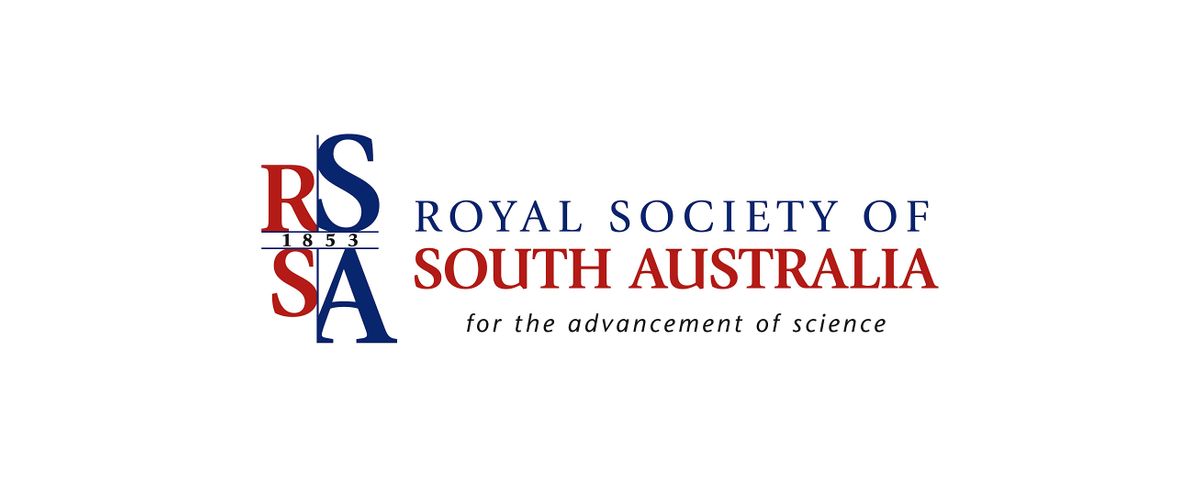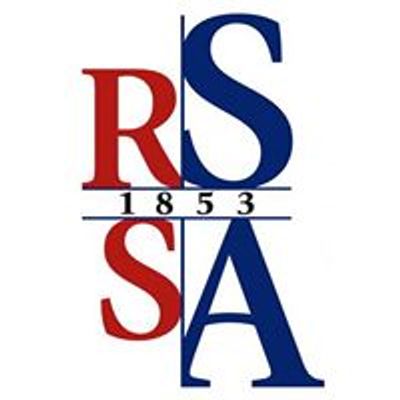
About this Event
You are invited to the Royal Society of South Australia June 2023 meeting and scientific presentation. We are very pleased to share that our speaker for May will be Dr Catherine Kemper, former mammal researcher at the South Australian Museum. The topic for the evening will be South Australian Museum collection: an essential resource for the study and conservation of Australia’s marine mammals. See below for more information.
Please note that the talk will start at 6:30 pm, but nibbles and networking will be 6:00 - 6:30 pm. The pre-talk nibbles are provided by small donation.
We will hold this as an "in-person" event in our Society rooms, but we will simultaneously live-stream the meeting via Zoom for those not in attendance or for interested non-members.
To attend either in person, or online, you MUST REGISTER VIA EVENTBRITE:
The zoom link will be sent to you on registration. Please feel free to share this event with your institution or networks.
For more information on the location of the RSSA rooms, please visit https://www.rssa.org.au/contact/
Talk title: South Australian Museum collection: an essential resource for the study and conservation of Australia’s marine mammals
The SA Museum’s world-renown marine mammal collection numbers about 2500 specimens and 55 species. It is the largest and most comprehensive in Australia, including skeletons, organs, stomach contents, parasites, tissues for toxic contaminant and genetics studies, and images, collected primarily from stranded South Australian specimens. A sightings database of live animals numbering over 5000 records is also curated. Specimens date back to the late 1800s, with the majority collected since 1990. The unique preparation facility at Bolivar has been vital to the collection’s development. The specimens and data, which are researched by SA Museum, national and international scientists, enable studies of a broad range of fields that directly or indirectly contribute to conservation. Traditional research on taxonomy and systematics are undertaken but these are augmented with studies documenting the life history, distribution, biodiversity, causes of mortality (including unintentional and illegal killing) and disease outbreaks. This ‘whole animal biology’ is gathering popularity in scientific circles because it does not look at factors in isolation. To use this approach for large animals such as cetaceans and pinnipeds has been an enormous achievement involving many people over the last 35 years. In the presentation, examples will be presented on some of the research programmes conducted by SA Museum and associates and how these have contributed to conservation, knowledge and public awareness of marine mammals in SA. There is an urgent need to maintain the high standard of the marine mammal programme at the Museum.
Bio:
Catherine came to Australia in 1971, after completing her first degree at the University of British Columbia, Canada. She did a PhD at Macquarie University on a native rodent and has studied small mammals in Western Australia, New South Wales and Malaysia. She moved to Adelaide in 1983, when she became Curator of Mammals following the death of Peter Aitken.
The focus of Catherine’s research changed to marine mammals (especially whales and dolphins) shortly after her arrival at the South Australian Museum but she maintains an active interest in, and publishes on, terrestrial mammals. Her cetacean research is primarily focused on studying the carcasses that strand or wash up on the South Australian coast, although studies of live animals are also included in her repertoire. The marine mammal collection at the South Australian Museum is the largest and most comprehensive in Australia and one of the leading collections in the Southern Hemisphere. In collaboration with other researchers, Catherine has used museum specimens for many research projects, including bottlenose dolphin taxonomy, toxic contaminant levels and their effects on animal health, mortalities caused by human activities and life history of several species. She has had a long-standing interest in the pygmy right whale, a little-known Southern Hemisphere species that has been frequently recorded in South Australia. She has been very active in promoting the conservation of marine mammals in the State by investigating mortalities related to human interactions. A national marine mammal aging facility at the South Australian Museum was established by her and results from this contribute to the above programmes. Marine mammal research attracts much media and public interest and has been of great benefit to the Museum for over 40 years.
Catherine has held positions on several interstate committees, including the Australian Mammal Society. In 2015 she was awarded the Unsung Hero of South Australian Science for her contribution to mammalogy and conservation.
Event Venue & Nearby Stays
Royal Society of South Australia, North Terrace, Adelaide, Australia
AUD 0.00
